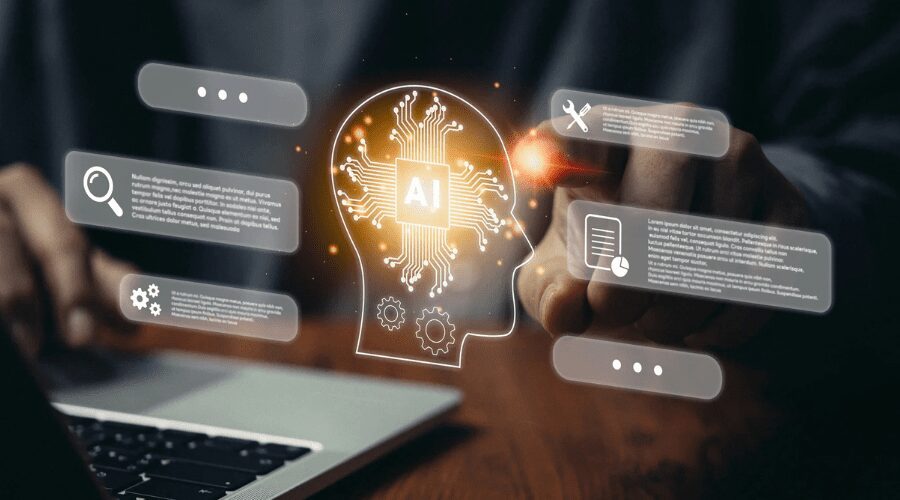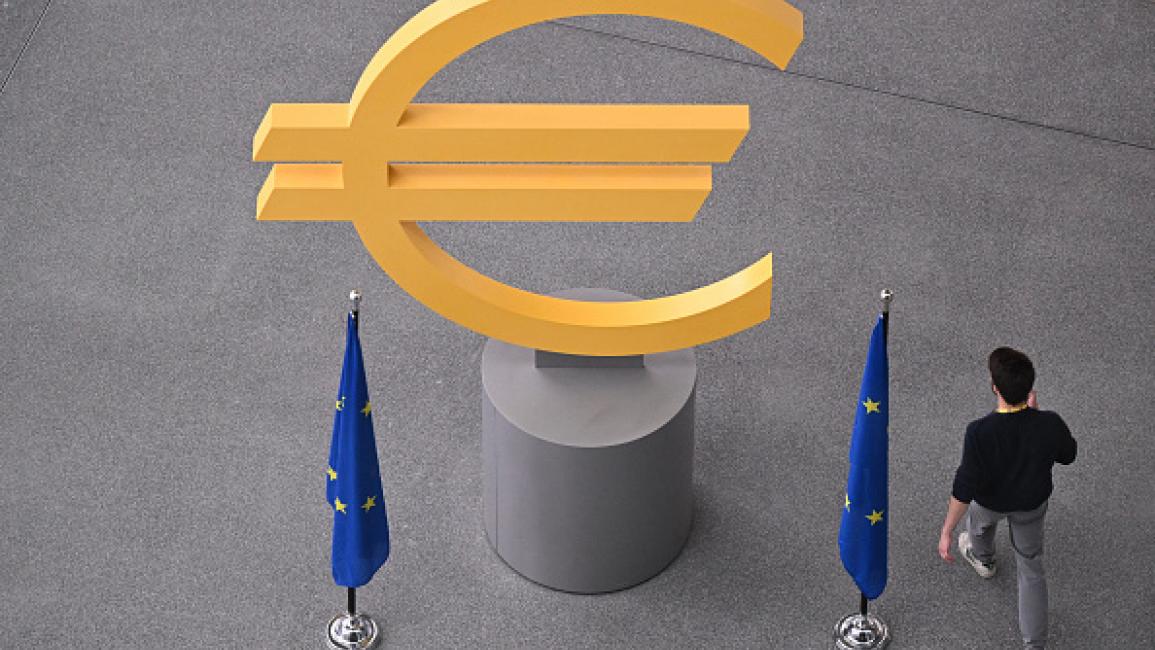Artificial Intelligence and the Future of Global Investing

The financial world in 2025 is not the same as it was a decade ago. Artificial Intelligence (AI) is transforming the way money moves, investments are made, and risks are managed. What was once considered futuristic is now a reality: trading algorithms, robo-advisors, and machine learning systems dominate financial markets. As artificial intelligence invades Wall Street, the question is no longer whether AI will change global investing, but how deep its influence will run.
The Rise of AI on Wall Street
Wall Street has always been a hub for innovation, but the introduction of AI-driven trading systems marks a fundamental shift. Traditional traders are being replaced—or at least overshadowed—by algorithms capable of analyzing vast amounts of data in real time. These systems detect patterns faster than any human could, giving firms a decisive advantage.
In fact, hedge funds and investment banks are now competing to deploy the most sophisticated AI systems. The U.S. economy benefits from this innovation, as financial institutions lead the global race in technology adoption. But while efficiency is improving, critics warn that heavy reliance on AI could increase market fragility.
AI’s Role in Global Markets
Artificial Intelligence is not just changing U.S. markets; it is also reshaping European and Asian financial centers. From London to Frankfurt, investors are exploring how AI can optimize portfolio management. AI-driven analysis is being applied to currency trading, commodities, and even bond markets.
Yet with opportunity comes risk. Algorithms often rely on historical data, and in times of economic disruption—such as inflation spikes or stagflation on the horizon—they may misinterpret signals. This can trigger unexpected volatility, amplifying risks instead of reducing them.
AI and the Energy Transition
One of the most surprising uses of AI is in the energy sector. Investors now track the global shift toward green energy and massive investments using machine learning models. These systems forecast demand for renewable energy, analyze government policies, and predict how investments in clean energy will affect long-term returns.
As governments push for a carbon-free economy, AI helps investors identify opportunities in solar, wind, and electric vehicle industries. Europe, in particular, is using AI to connect financial strategies with climate goals, creating a new wave of sustainability-driven investing.
AI Meets Central Bank Digital Currencies
Another area where AI is having a major impact is digital finance. The central bank digital currency race is one of the biggest financial developments of our time. As countries launch CBDCs, AI is helping central banks and private investors manage complex digital transactions securely and efficiently.
For the U.S. dollar, AI ensures the smooth integration of digital systems without undermining global trust. For the euro, AI-driven platforms could boost adoption of a digital euro across Europe. Meanwhile, emerging economies are experimenting with AI-powered blockchain systems to bypass traditional financial structures.
The Risks of AI in Investing
While the benefits are clear, risks remain. Over-reliance on algorithms could cause sudden market crashes if multiple systems respond to the same signals simultaneously. AI also raises ethical questions: Who is accountable if an AI-driven investment strategy fails? How transparent are these models?
Moreover, AI systems may unintentionally amplify economic challenges. For example, if inflation persists, AI might overestimate risks, reinforcing fears of stagflation and prompting panic selling. In such cases, technology could worsen financial instability instead of protecting against it.
What Investors Need to Know in 2025
-
AI dominates asset management – Robo-advisors are becoming mainstream.
-
Risk of volatility – Faster decision-making means sharper swings in currency and equity markets.
-
Integration with green energy – AI is fueling sustainable investment strategies.
-
Connection to CBDCs – Digital currencies and AI are evolving together.
-
Regulatory oversight – Governments are debating how to control AI in financial markets.
A New Era of Investing
Artificial Intelligence is not just a tool; it is becoming the backbone of the financial system. From Wall Street to European markets, AI is rewriting the rules of investing. Investors who embrace these technologies will likely gain a competitive edge, while those who resist may struggle to keep up.
However, AI does not eliminate risk—it reshapes it. The future of global investing will be defined by the balance between technological efficiency and human judgment. The world is entering an era where finance is faster, smarter, and more data-driven than ever before.




